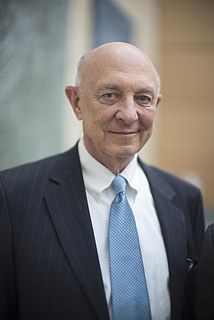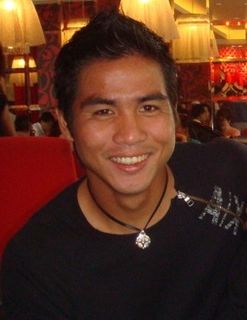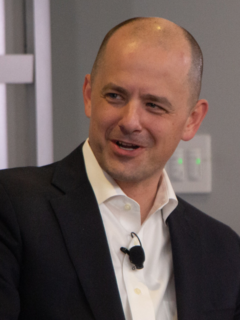A Quote by James Woolsey
As we move toward a new Middle East, over the years and, I think, over the decades to come, we will make a lot of people very nervous.
Related Quotes
I also don't think all of the revenue will come from digital subscriptions. We have in the New York Times a mix of revenue sources and it will continue to be a mix for quite a while. What makes me more nervous is that we built this newsroom on a really high profit margin that has eroded significantly over the last years. I'm nervous that we won't continue to have the profit margins that allow us to have a big, robust newsroom.
I don't think there's a ton of new new stuff about doing a sitcom or doing a multi-camera show, but they work. They're fun, and they're energetic, and they're short. And when you fall in love with one - like, I will watch Seinfeld, I'll watch Will & Grace, all those reruns. I just can never get enough. I watch the same ones over and over and over. I watch the same movies that make me laugh over and over and over. I was hoping to be part of something like that.
It's a response from Donald Trump [to the Pope]. It says, "If and when the Vatican is attacked by ISIS..." Their primary thing... You've seen what they've done all over the Middle East. Their primary goal is to get to the Vatican. That would be their ultimate trophy. They want to do what they won't to all of these magnificence artifacts and all of the beautiful museums that they've totally destroyed all over the Middle East, right?
The Far East is of particular significance for us in terms of this region's priority development. Over the last few years, let us say even over the last decades, we were faced with many problems here. We paid little attention to this territory although it deserves a lot more of it, because it concentrates great wealth as well as opportunities for Russia's future development.
40, 50 years ago, Americans - the majority of Americans did not want to accept these Vietnamese refugees who they saw as completely foreign. Now there are new foreigners - Syrians and other people from the Middle East, people of Muslim backgrounds. And the sense among many Americans is, well, these people are completely different from us, and they're not like the Vietnamese who are much more assimilable. And I think that's very, very doubtful. I think that the majority of these new foreigners, if given the opportunity, will be able to assimilate and deal with American culture.
I truly do live my life a day at a time. When I talk to people trying to get through anything, it's a day at a time. If people stop to think, "It's going to be potentially three years and 10 months for the new president to come in," that's a very long time and that can have major effects on somebody's psyche. But if you take this thing a day at a time, and break it down a little differently, and do what you can do today, it will make it easier for people to move forward, and it makes it easier for me to move forward.
I think the public is very reluctant to get involved in more foreign wars, especially in the Middle East. And they understand, implicitly, that we go to war in the Middle East because of oil. And if we don't want to go to war in the Middle East, then we have to do something about the oil problem. And I think that view is gaining ground in the U.S.
Historically, the argument is we stole the country from the Indians. America stole the labor of African Americans for over 200 years under slavery. America took half of Mexico by force in the Mexican War. American foreign policy, the progressives say it's based on theft. Why? Because look, America is very active in the Middle East. Why? The Middle East has oil. Notice that America doesn't get involved in Haiti or Rwanda because they don't have any oil.



































